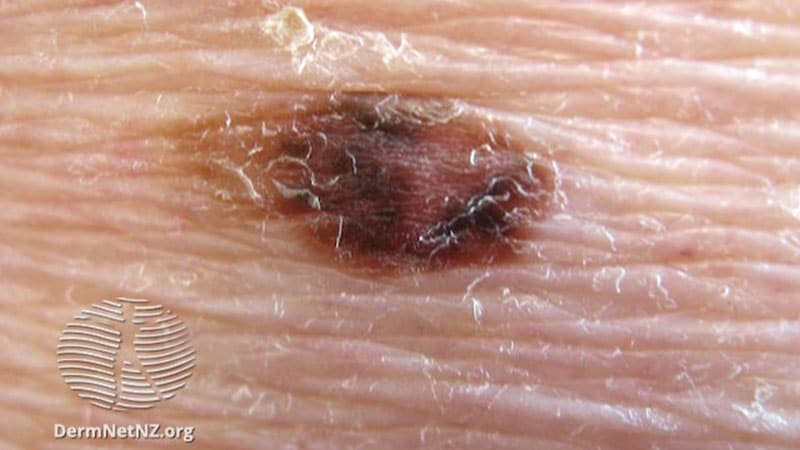Incipient Ulceration Impact on Prognosis in Primary Melanoma
In a retrospective case-control study, researchers analyzed the impact of incipient ulceration on primary cutaneous melanoma prognosis. The study included 40 cases of incipient ulceration matched with nonulcerated and ulcerated controls. Incipient ulceration may signify a more aggressive disease state, with unclear prognostic significance. The study compared clinical outcomes such as recurrence-free survival, melanoma-specific survival, and overall survival between different groups. While initial univariable analyses showed differences in outcomes, multivariable analyses did not observe significant variations, possibly due to the limited number of incipient ulceration cases. The study suggests a need for the AJCC staging system to address the classification of primary melanomas with incipient ulceration.
Customize Summary
Rewrite with AI
Generate Citations
Translate Source
To Another Language
Generate MindMap
from source content
Visit Source
www.medscape.com
Incipient Ulceration May Affect Prognosis in Primary Melanoma
Key Insights Distilled From
by Doug Brunk at www.medscape.com 11-09-2023
https://www.medscape.com/viewarticle/998286
Deeper Inquiries
